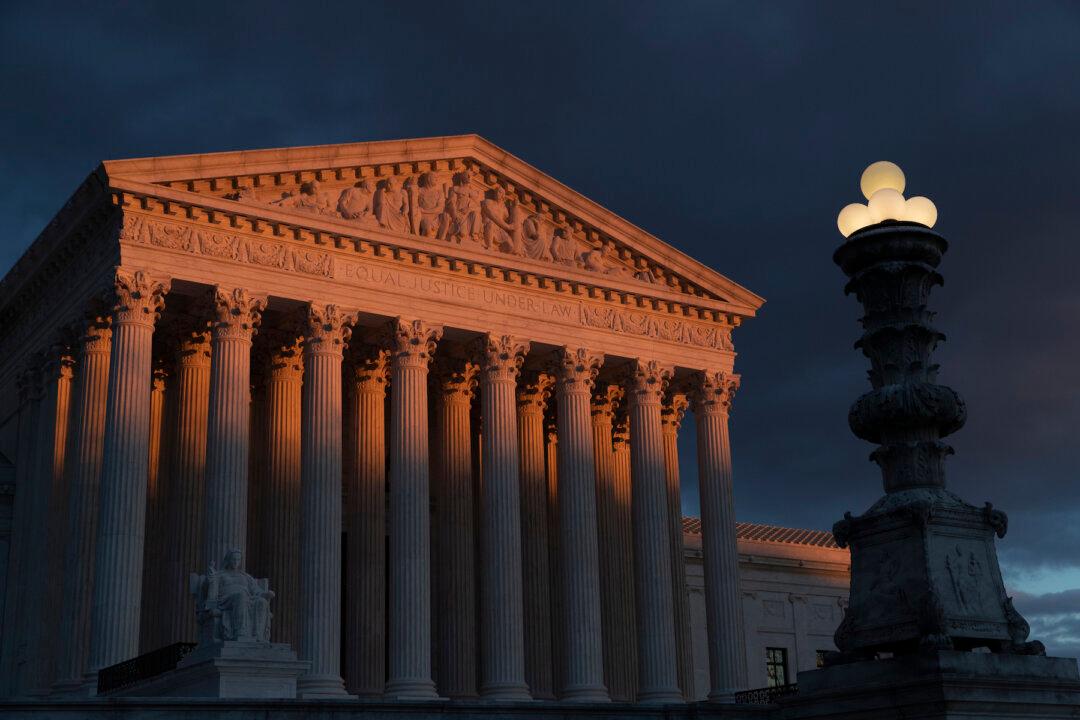The Supreme Court has agreed to consider how much protection church schools have from government intervention when it comes to choosing teachers for its religion classes.
The top court agreed (pdf) on Wednesday to weigh in on two religious school employment cases where two Californian Catholic elementary schools were sued for job discrimination when they did not renew the teachers’ contracts. The court has consolidated the two cases.




